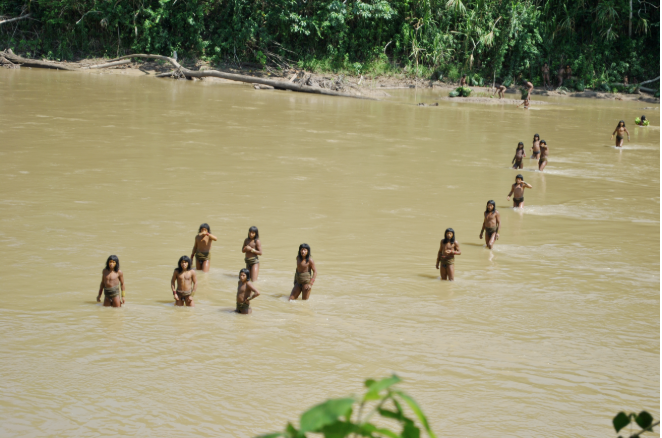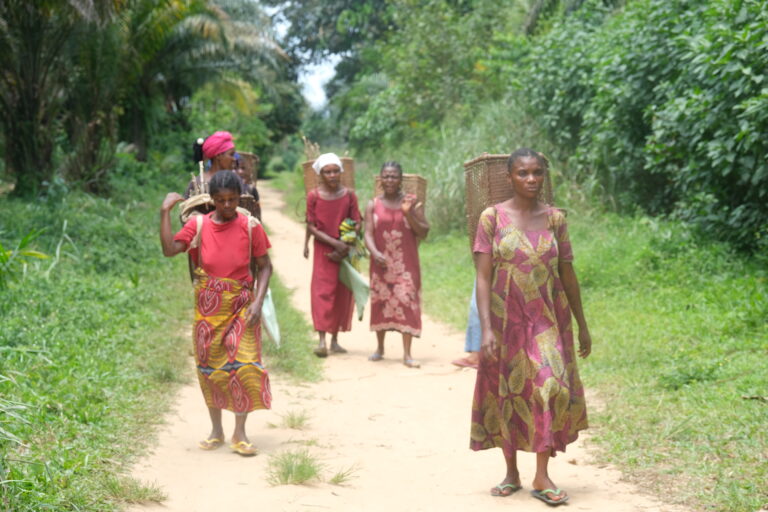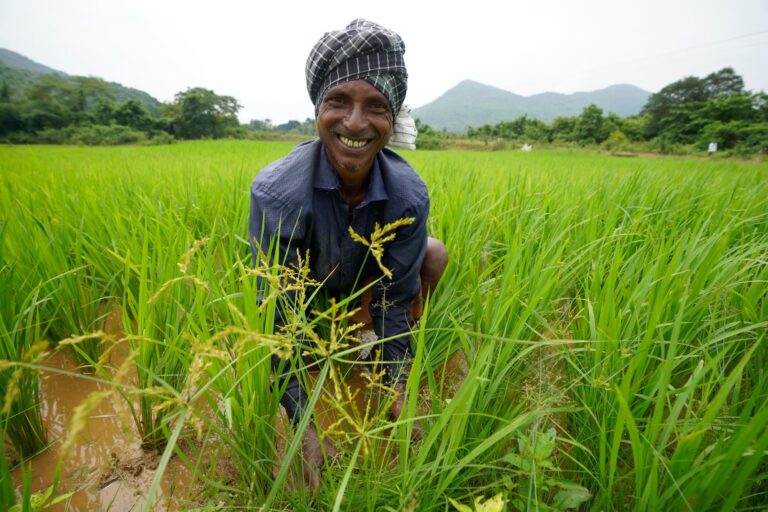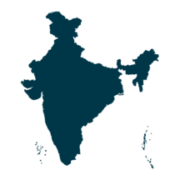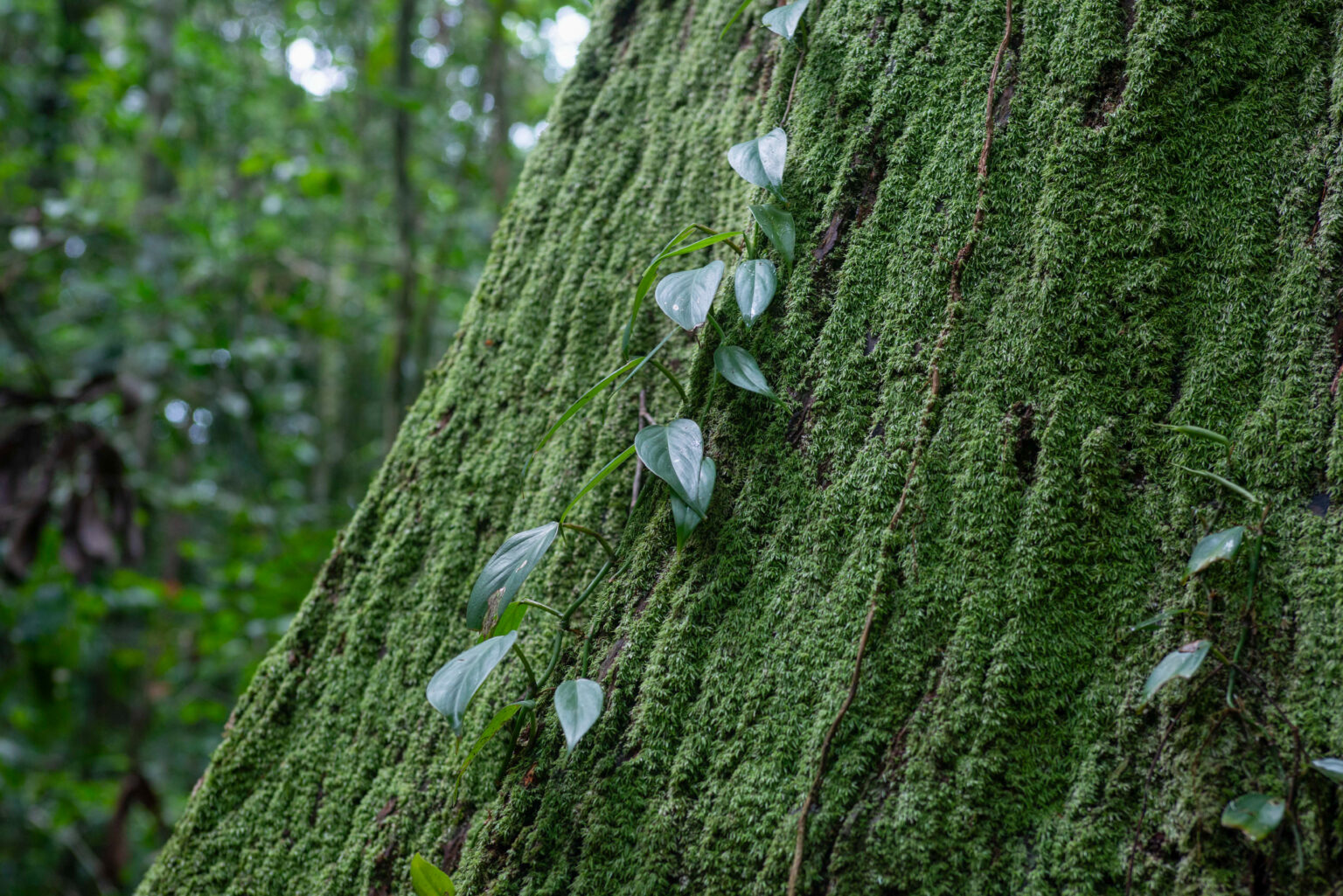
Part two: SHOOTS OF CHANGE
Progress towards
protecting ancestral
territories
From the dense rainforests of the Amazon to the varied ecosystems of Africa and the sprawling forests of India, communities made historic strides in 2024 toward securing their land rights.
Across Latin America, Africa, and Asia, Tenure Facility partners helped communities achieve real, lasting change — often against overwhelming odds. A small selection of these stories can be found below.
